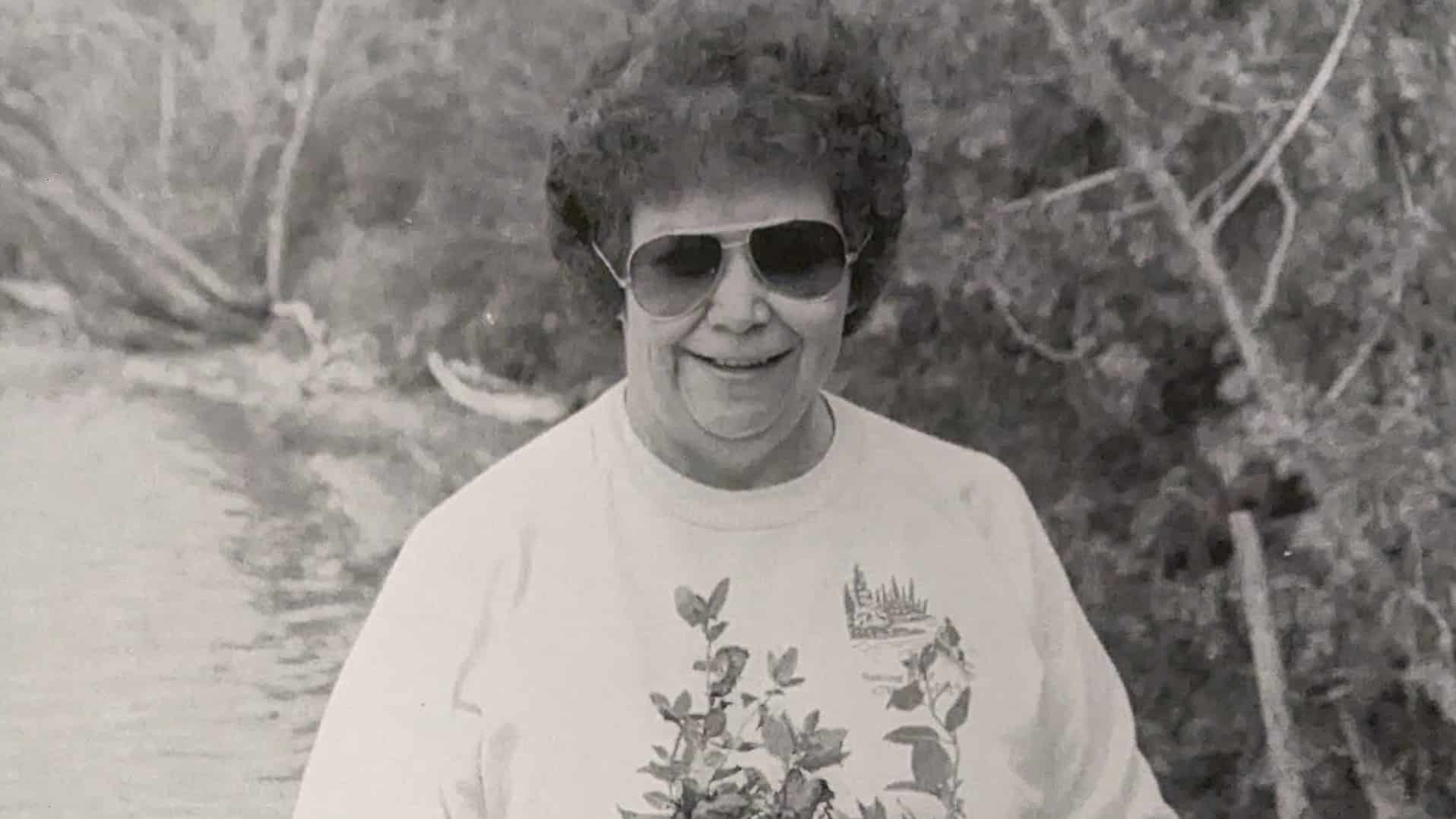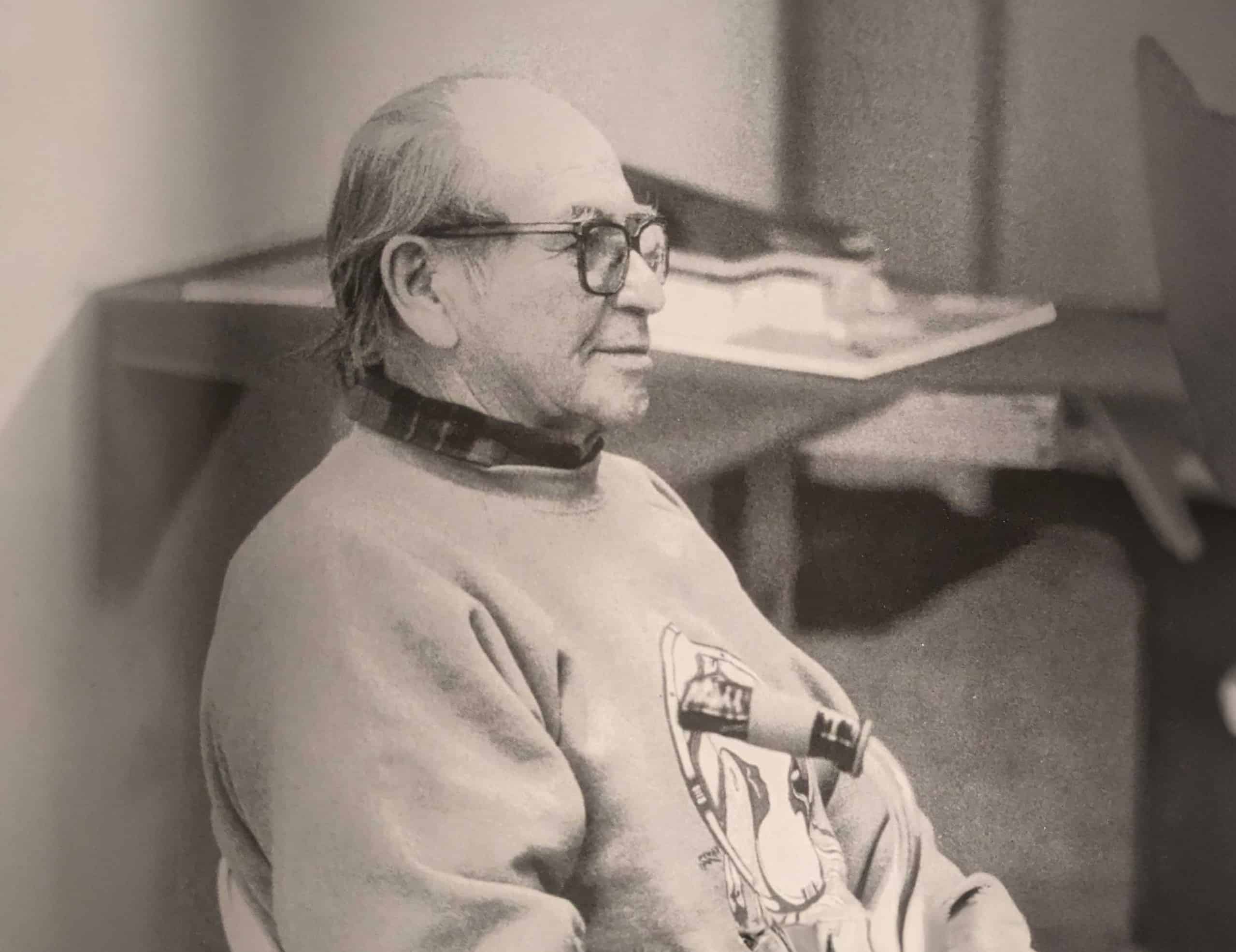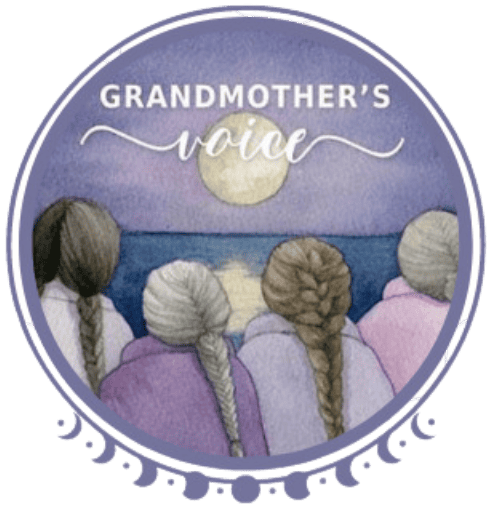In the Presence of Wisdom: Voices of the Land
Taken from the foreword of Voices of the Land, 1993. When the Elders met at the gathering “The Voice of

Adapted from OCF Files, 1981 & Oral History Project, 1989
Ernestine Buswa’s life was a testament to the unwavering commitment to preserving indigenous heritage, education, and the wisdom of the elders. Born in Spanish, Ontario, she embarked on a remarkable journey that significantly impacted Native communities.
Ernestine’s educational path began at the Separate School in Spanish, taking her up to Grade 10. She completed her high school education at St. Joseph’s College in North Bay, Ontario, in 1953. Her passion for education led her to Toronto for Pre-Teachers’ training courses during the following two summers.
In 1953, Ernestine embarked on her teaching career at St. Joseph’s Residential School in Spanish. For the next 25 years, she dedicated herself to teaching in Native schools, with intervals to raise her seven children. She recognized the importance of continuous learning and, like many working parents in the education field during the ’60s and ’70s, attended summer school to upgrade her skills.
Her educational journey was marked by numerous milestones. She completed her teacher training at the Teachers’ College in North Bay in 1959-60, received her Primary Education Certificate in 1965, Junior Education Certificate in 1969, and a B.A. degree from Laurentian University in 1973. In 1980, she fulfilled the requirements for an M.Ed. degree.
Tragically, Ernestine’s life was cut short by an untimely car accident, but her legacy endures, touching the hearts of those she encountered. Her dedication extended to the Ojibwe Cultural Foundation, where she worked intermittently on various projects, including research, curriculum development, language consultation, and writing.
Ernestine’s passion for indigenous culture and language was evident through her work as an instructor on Native culture and traditions at Lakehead University during several summers. She played an active role in the revival of Nishnaabe culture and language.
Ernestine’s words echo the importance of understanding one’s ancestral past, their family history, and their genealogy. “Our young people are asking about their roots, their family history, their genealogy – they want to know who they are, what they are, and why they are.” Her wisdom emphasizes the significance of self-identity and a positive self-image, enabling individuals to lead productive, caring, and understanding lives.
Ernestine also highlighted the value of the Clan system, which provided strength, order, unity, and harmony within communities. She emphasized that understanding the meanings of clans, doodems, and individual Nishnaabe names could guide behavior and help maintain balance and order.
In her memory, we honor Ernestine Buswa’s dedication to indigenous education, heritage, and the enduring wisdom of the Clan system. Her legacy continues to inspire us to explore our roots, embrace our culture, and cherish the teachings of our elders. Ernestine’s life reminds us that by understanding our past, we can build a stronger and more positive future for indigenous communities.
Taken from the foreword of Voices of the Land, 1993. When the Elders met at the gathering “The Voice of

Adapted from Association of Friends, August 1995 Art, a lifelong resident of Birch Island, exemplifies commitment and community engagement. Married to
Grandmother’s Voice: Creating opportunities for Indigenous community members to share their teachings, healing practices and traditional handicraft creation with the broader community.
Elevating Indigenous Knowledge and Culture across Halton Region has been the foundation of our organization. Collectively, we continue to serve as a beacon for building awareness and fostering connectedness. Rooted in our Nation’s origins, we are dedicated to enhancing capacity and illuminating the landscape of Indigenous social services and determinants of health. Join us on this transformative journey as we strive to strengthen bonds, raise awareness, and contribute to the well-being of our communities.
Grandmother’s Voice International Business #799454954RC0001


© 2024 All Rights Reserved.